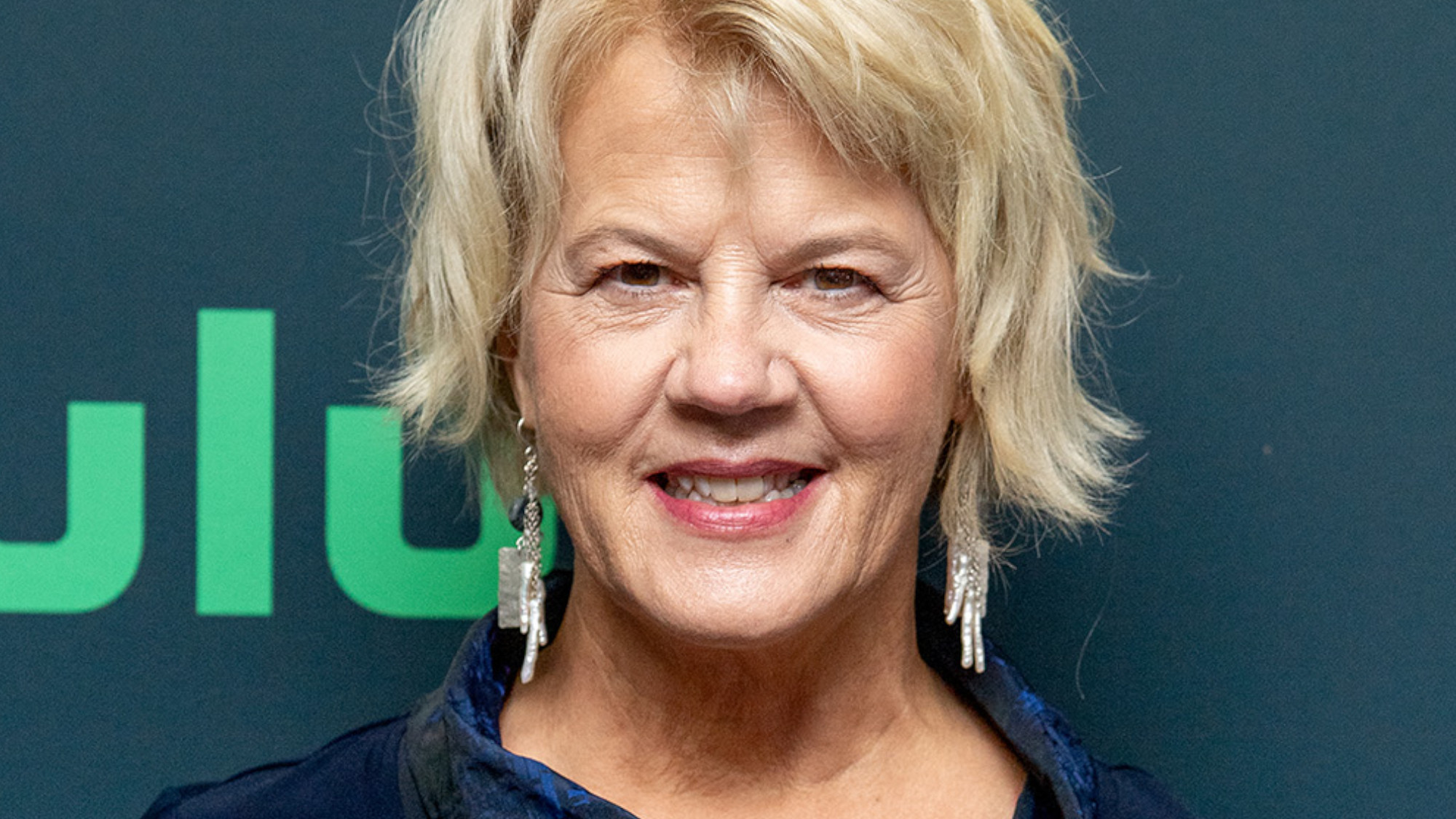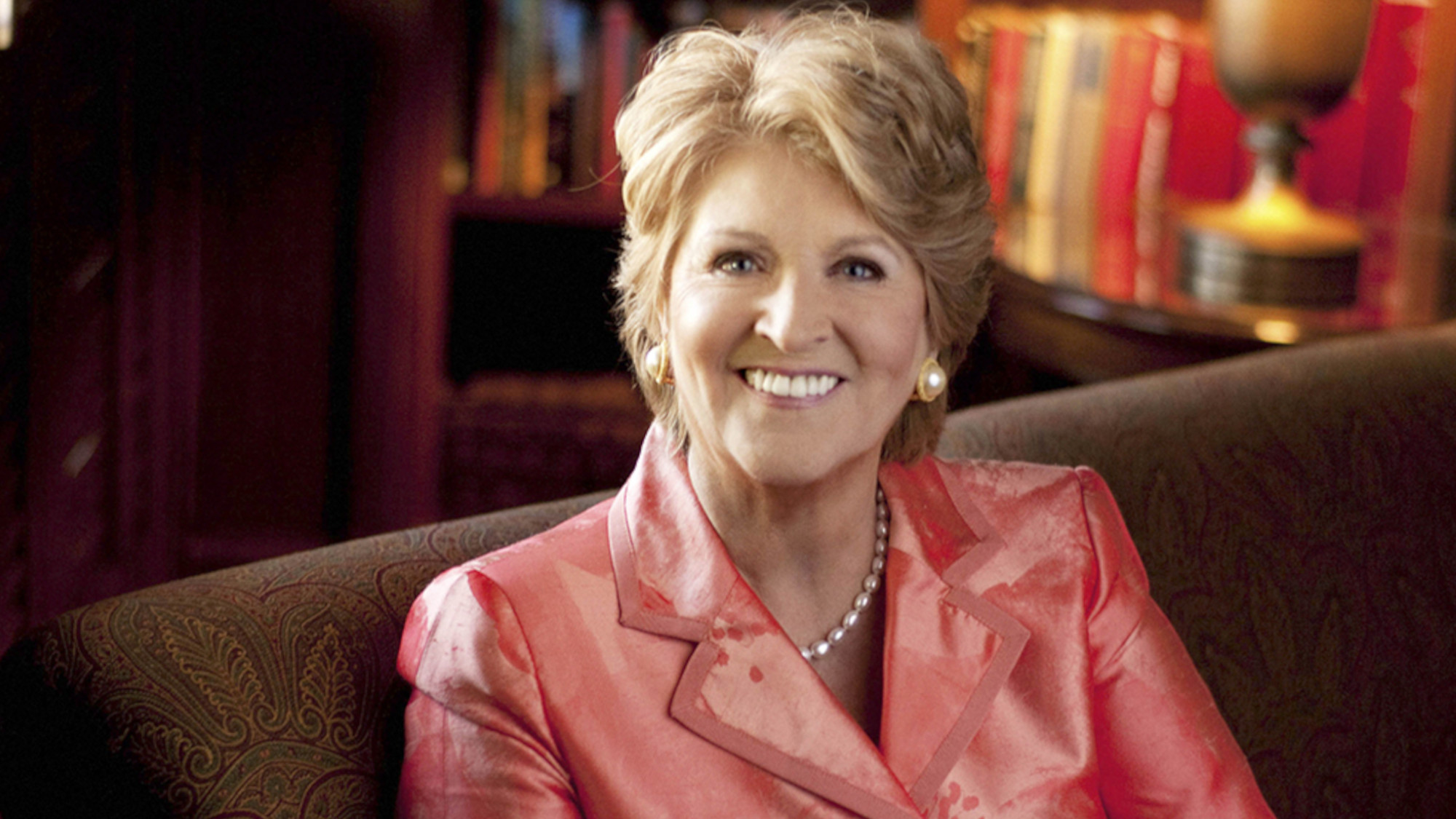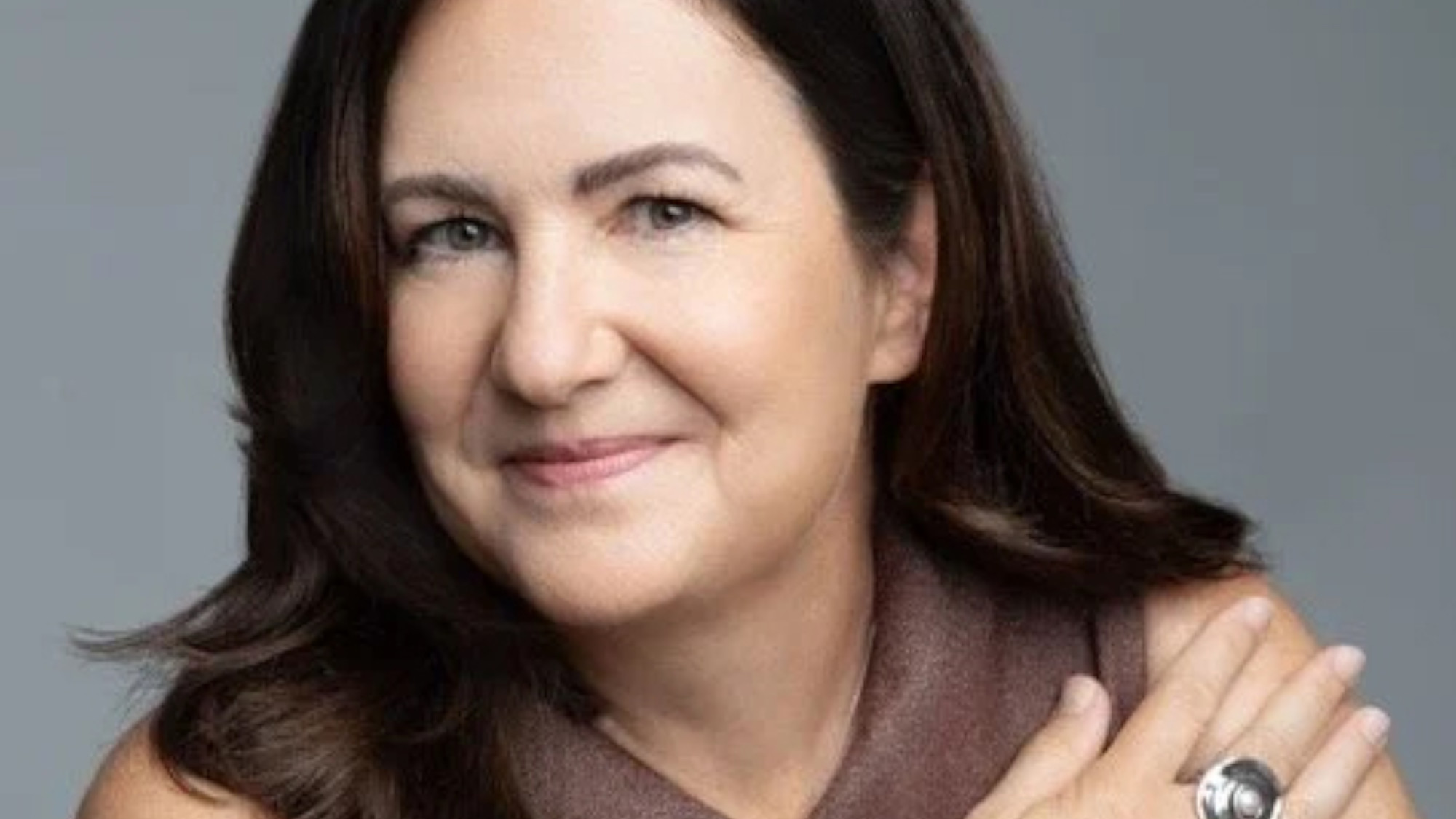Best books … chosen by David Hare
Playwright and director David Hare has written for Broadway, film, and the London stage since 1970. His screenplay for The Reader has just been nominated for an Academy Award.
A free daily email with the biggest news stories of the day – and the best features from TheWeek.com
You are now subscribed
Your newsletter sign-up was successful
Playwright and director David Hare has written for Broadway, film, and the London stage since 1970. His screenplay for The Reader has just been nominated for an Academy Award.
Albert Speer: His Battle With Truth by Gitta Sereny (Vintage, $25). I think this is one of the most important books ever written, and certainly on one of the greatest themes: a Mephistophelean account of how Speer was flattered and corrupted into collaboration in Hitler’s crimes—and how he later denied it.
The Easter Parade by Richard Yates (Picador, $14) Revolutionary Road is better known and has been made into a major film, but The Easter Parade, which describes the separate destinies of two sisters born in the 1920s, is, if anything, even more desolating and powerful.
The Week
Escape your echo chamber. Get the facts behind the news, plus analysis from multiple perspectives.

Sign up for The Week's Free Newsletters
From our morning news briefing to a weekly Good News Newsletter, get the best of The Week delivered directly to your inbox.
From our morning news briefing to a weekly Good News Newsletter, get the best of The Week delivered directly to your inbox.
The Third Man by Graham Greene—the screenplay, not the subsequent novella (out of print). Anyone who wants to write films or plays for a living is advised to commit this screenplay to memory, because the rhythm and drive of its glorious dialogue and structure are so compelling.
The People’s War by Angus Calder (out of print). The rejection of Winston Churchill by British voters in 1945 was not the anomaly it’s usually painted as. Rather, it was the logical outcome of the radicalization of the British working class through war. This is the book with the most influence on my own writing. Wholly original scholarship.
The Last Coyote by Michael Connelly. (Little, Brown, $20) I adore thrillers, especially by Henning Mankell and Harlan Coben. And Connelly has a great detective in Harry Bosch, who sets out in this book to explore the mysteries of his own mother’s past.
Beware of Pity by Stefan Zweig (New York Review Books, $17). Zweig is the greatest European writer who is unfamiliar to most British and American readers. The elegance of this novella is the elegance of complete lucidity, of a writer who knows what he wants to do and who gets there by the shortest route. Alone, he can look Chekhov in the eye.
A free daily email with the biggest news stories of the day – and the best features from TheWeek.com
-
 The 8 best TV shows of the 1960s
The 8 best TV shows of the 1960sThe standout shows of this decade take viewers from outer space to the Wild West
-
 Microdramas are booming
Microdramas are boomingUnder the radar Scroll to watch a whole movie
-
 The Olympic timekeepers keeping the Games on track
The Olympic timekeepers keeping the Games on trackUnder the Radar Swiss watchmaking giant Omega has been at the finish line of every Olympic Games for nearly 100 years
-
 Beth Macy’s 6 favorite books about living in a divided nation
Beth Macy’s 6 favorite books about living in a divided nationFeature The journalist recommends works by Nicholas Buccola, Matthew Desmond, and more
-
 Gilbert King’s 6 favorite books about the search for justice
Gilbert King’s 6 favorite books about the search for justiceFeature The journalist recommends works by Bryan Stevenson, David Grann, and more
-
 Nathan Harris’ 6 favorite books that turn adventures into revelations
Nathan Harris’ 6 favorite books that turn adventures into revelationsFeature The author recommends works by Kazuo Ishiguro, Ian McGuire, and more
-
 Marisa Silver’s 6 favorite books that capture a lifetime
Marisa Silver’s 6 favorite books that capture a lifetimeFeature The author recommends works by John Williams, Ian McEwan, and more
-
 Lou Berney’s 6 favorite books with powerful storytelling
Lou Berney’s 6 favorite books with powerful storytellingFeature The award-winning author recommends works by Dorothy B. Hughes, James McBride, and more
-
 Elizabeth Gilbert’s favorite books about women overcoming difficulties
Elizabeth Gilbert’s favorite books about women overcoming difficultiesFeature The author recommends works by Tove Jansson, Lauren Groff, and more
-
 Fannie Flagg’s 6 favorite books that sparked her imagination
Fannie Flagg’s 6 favorite books that sparked her imaginationFeature The author recommends works by Johanna Spyri, John Steinbeck, and more
-
 Jessica Francis Kane's 6 favorite books that prove less is more
Jessica Francis Kane's 6 favorite books that prove less is moreFeature The author recommends works by Penelope Fitzgerald, Marie-Helene Bertino, and more